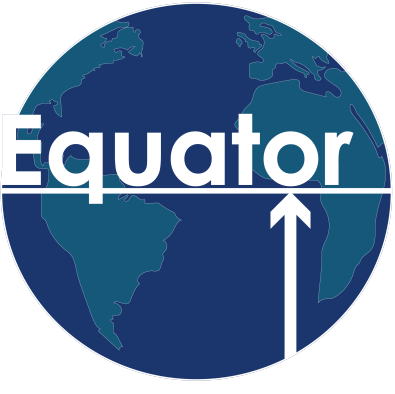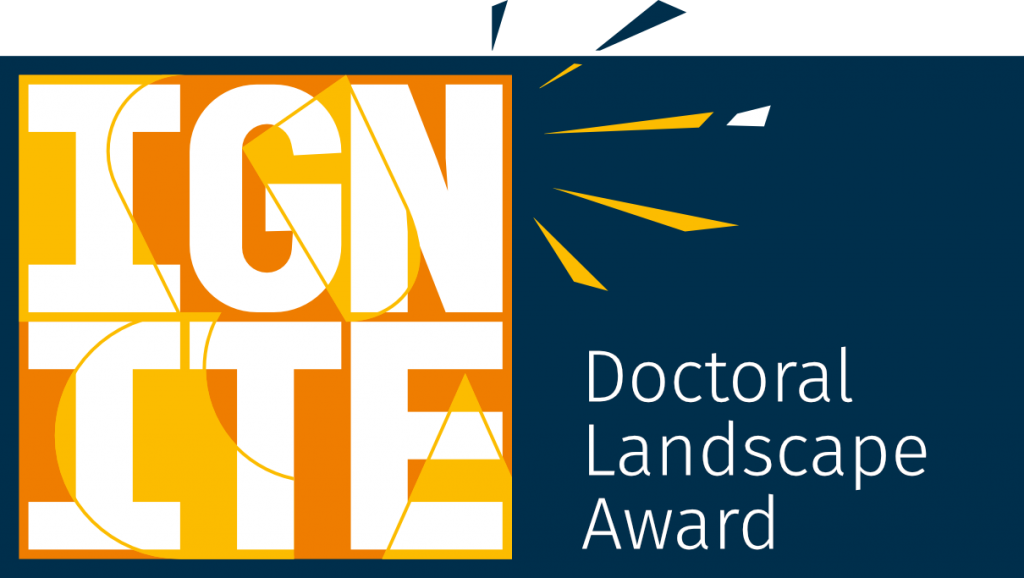Equator is sponsored by a network of 8 Doctoral Landscape Award holding universities. These DLAs are centres of doctoral training, funded by the UK Natural Environment Research Council (NERC) through UKRI’s Collective Talent Funding. Click the logos to find out more about each of our partners, and how to apply to their PhD studentships, below:

The Central England NERC Training Alliance (CENTA) is a consortium of universities and research institutes that work together to provide excellence in doctoral research training. CENTA is led by the University of Birmingham and our partners are the University of Leicester, University of Warwick, Loughborough University, Cranfield University, The Open University, the British Geological Survey, the UK Centre for Ecology and Hydrology, and the National Centre for Earth Observation. CENTA encompasses research activities within three broad themes:
- Climate and Environmental Sustainability
- Organisms and Ecosystems
- Dynamic Earth
CENTA offers PhD studentships through two main pathways. Each year we advertise projects at partner institutions on their website for applicants to apply to. We also offer the CENTA Science Opportunity Scholarships (CSOS). This scheme is open to ethnic minority students who are considered as ‘Home’ students for the purposes of University Fees. Successful applicants have the opportunity to design their own PhD project alongside a supervisor from the CENTA network. Applications to listed projects and the CSOS scheme typically open in late October each year and close in early January. All opportunities will be listed on the CENTA website.
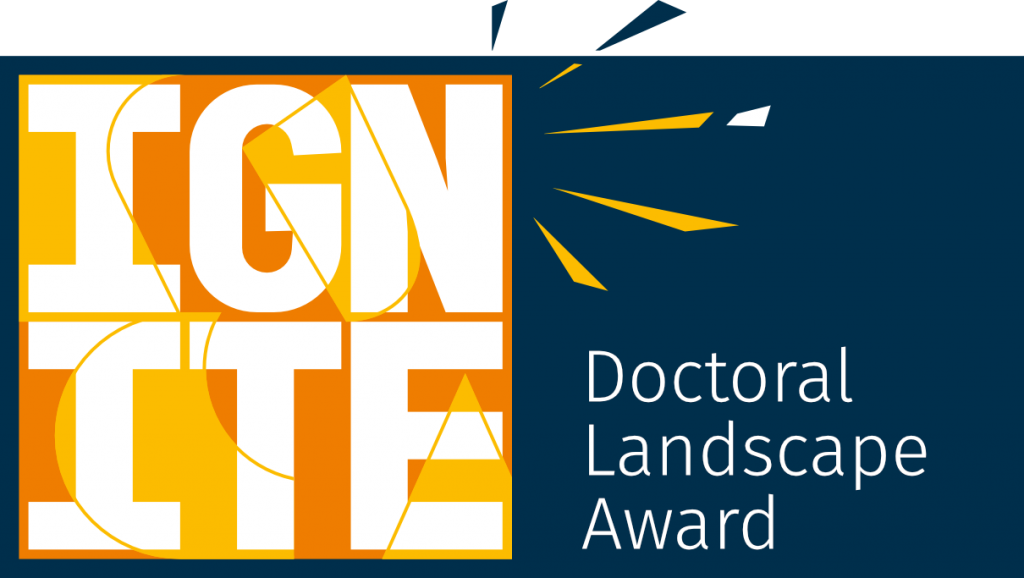
The IGNITE DLA is a collaborative partnership between the University of Southampton, the National Oceanography Centre, Natural History Museum, British Antarctic Survey and the Marine Biological Association. IGNITE provides funds for PhD studentships around:
- Oceans and Climate
- The Dynamic Earth
- Interaction of Organisms with the Global Environment
IGNITE enables postgraduate researchers to deliver cutting-edge research by immersing them in world-leading research teams and providing access to state-of-the-art equipment and facilities. We provide researchers with an innovative and flexible training programme that develops research, technological and professional skills, allowing them to follow a diversity of career pathways. For more information visit https://ignite-dla.soton.ac.uk/ or contact us at nerc-dla@soton.ac.uk.
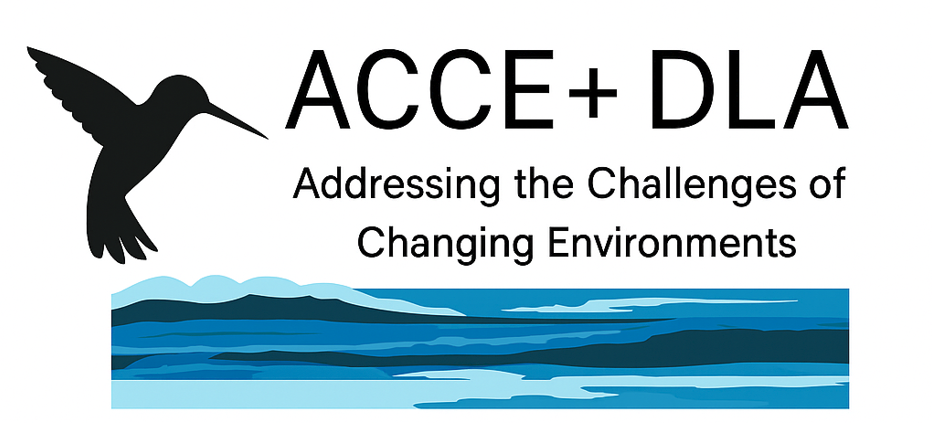
Addressing the Challenges of Changing Environments Doctoral Landscape Award (ACCE+ DLA) is a partnership between University of Liverpool (lead partner), University of Sheffield, University of York, UK Centre for Ecology and Hydrology, Natural History Museum London and the National Oceanography Centre. ACCE+ offers doctoral training across the NERC remit.
The breadth and depth of expertise across ACCE+ facilitates innovative interdisciplinary training opportunities. Coherence and integration across disciplines is ensured by a common focus of ACCE+ projects on addressing globally-important questions relating to environmental change. This partnership is enhanced by a strategic end-user focus, through close links with a broad set of partners from industry, business and NGOs.
ACCE+ offers at least 13 studentships each year across our partners to home and international students. ACCE+ DLA is committed to recruiting extraordinary future scientists regardless of age, disability, ethnicity, gender, gender identity, sexual orientation, faith or religious belief, pregnancy or maternity, parental or caring responsibilities or career pathway to date. We understand that a student’s potential can be shown in many ways and we strive to recruit students from all backgrounds, and support them on their scientific journey.

Iapetus is a partnership that joins the universities of Durham, Heriot Watt, Glasgow, Newcastle, St Andrews and Stirling, together with the British Antarctic Survey, British Geological Survey and the Centre for Ecology & Hydrology, in a united approach to doctoral research and training the next generation of leaders across the full spectrum of the science of the natural environment. In a supportive environment that delivers world class training, the next generation of environmental scientists investigate the biggest challenges facing humanity and the most fundamental questions underpinning our understanding of the natural world.
Each year, Iapetus offers PhD funding through two pathways. Iapetus studentships are an open competition in which students apply for advertised projects. Up to 30% of places can go to international applicants, and approximately 30% of interview places are reserved for applicants who satisfy Widening Participation criteria but who would not have been shortlisted initially by the host organisation. The Diversifying Talent Scholarship Scheme is open to applicants eligible for Home fees and from a UK Minoritized Ethnic group and/or a lower socio-economic background. Successful applicants can specify an advertised project of interest, or work with an Iapetus supervisory team to design their own project.

The Cambridge Research Experience and Advanced Training for Environmental Scientists (CREATES) DLA unites the University of Cambridge and the British Antarctic Survey as hosts with a breadth of collaborative partners, including the Natural History Museum, Cambridge Conservation Initiative, RSPB, CsaP and the National Centre for Atmospheric Science to nurture and train diverse cohorts of environmental scientists. CREATES aims to produce skilled, forward-looking and employable doctoral graduates with a deep understanding of environmental science who can assemble, evaluate and communicate the evidence needed to develop sustainable business, make environmentally sensitive policy decisions and generate cutting-edge research that identifies solutions to environmental challenges with societal and economic benefits.
CREATES focuses research around the theme areas of :
- Biology and Conservation
- Climate Change and Environmental Science
- Solid Earth and Natural Hazards
DLA supervisors to whom you can apply to work with are advertised on our website from September each year, with an application deadline of early January. We welcome successful applicants to begin their research with their supervisory team in October and support them through 3.5yrs of a fully funded studentship. Contact us at dtp-admin@esc.cam.ac.uk.

The Yorkshire Environmental Sciences – Doctoral Training Network (YES•DTN) is a collaboration between the University of Leeds and the University of York and provides funding and training for PhD students to train the next generation of leaders in the environmental sciences. YES•DTN works with a wide range of partners from private, public and third sector, and offers a diverse training program to prepare PhD students for a wide range of careers.
YES•DTN offers research projects in three large science areas:
- Dynamic Earth and Natural Hazards
- Atmosphere and Climate
- Ecology, Evolution and Biodiversity
YES•DTN advertises a wide range of proposed projects through our website that are open for applications from home and international candidates. We offer additional interviews to candidates with “Home” status for University Fees from underrepresented groups based on ethnicity, disability, and socio-economic background. YES•DTN also offers reserved studentships for “Home” candidates from these underrepresented groups. Applications for advertised projects for all candidates typically open in late October each year with a closing deadline in early January.

Crocus is a Doctoral Landscape Award bringing together the universities of Reading and Swansea with the British Geological Survey, the Institute of Zoology, the National Oceanography Centre, the Natural History Museum, Royal Botanic Gardens Kew, and the UK Centre for Ecology and Hydrology.
Each year, Crocus offers PhD opportunities through two main pathways:
- Crocus studentships are an open competition in which applicants apply for advertised projects.
- BAME-focused studentship pathway to support applicants from UK-minoritized ethnic groups, as part of its commitment to Equality, Diversity and Inclusion (EDI). This scheme is designed to ensure fairer access to doctoral training by removing barriers faced by underrepresented communities. Successful candidates work with a Crocus supervisory team to co-design a PhD tailored to their interests.
Crocus is committed to delivering excellent outcomes for our graduates. At the heart of Crocus DLA is a strong commitment to Equality, Diversity and Inclusion (EDI). Initiatives include anonymised applications, inclusive project design, flexibility for carers, EDI training for students and for supervisors, and oversight by an EDI & Wellbeing committee. Together, these measures ensure a supportive and inclusive environment in which every student can thrive.
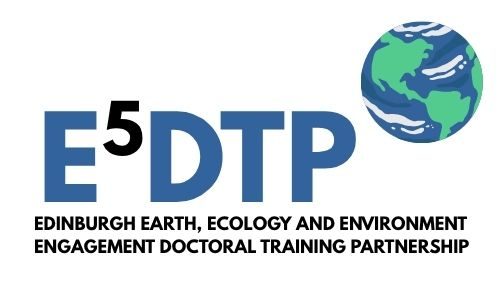
The Edinburgh Earth, Ecology and Environment Engagement (E5) DTP brings together 36 partner organisations including Schools at the University of Edinburgh, Scotland’s Rural College, NERC centres, public sector research establishments, business enterprises and charities. The breadth of expertise across the E5 partnership allows us to cover the full NERC environmental remit.
Our training programme prepares students for diverse non-academic and academic career paths, and they will have wide opportunities for engagement with alumni and non-academic partners through networking events, research collaborations, placements and outreach.
Our community members have taken many and varied routes into environmental research and we encourage and support students from a diversity of subject and experiential backgrounds. As a result, we can offer a variety of student-led activities to support your PhD journey to go alongside numerous research groups and E5 training events run by academic staff and non-academic partners.
